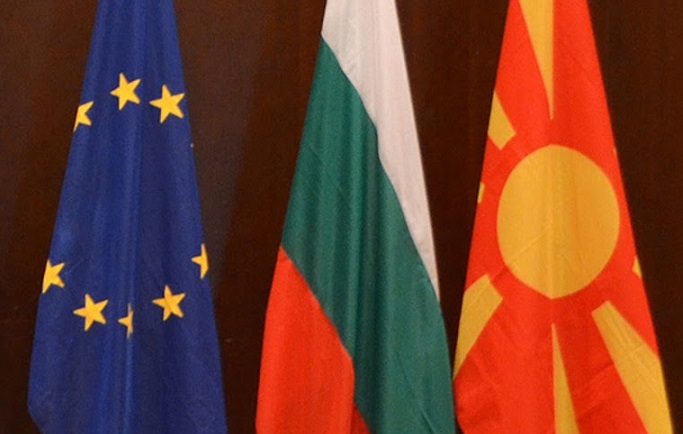History should not be the only topic in relations with Macedonia, but Bulgarians must be included in the Constitution, and EU accession negotiations must be linked to Bulgarian demands.
These are the last messages that after the renewed blockade from Sofia on Macedonia’s EU path, were sent by the highest Bulgarian officials regarding the dispute with Macedonia.
The new Bulgarian Prime Minister Kiril Petkov, whose first step towards the country was the confirmation of the EU veto, said in Brussels yesterday that Sofia should upgrade its position towards Skopje with working groups, which should not be a political act, but a real one. According to the Prime Minister of Bulgaria, the position towards Macedonia was clear and enshrined in in the coalition agreement.
History is important, but it cannot be the only topic in bilateral relations. Bulgaria’s interest must be protected, but also upgraded. We need to talk about infrastructure – the railway from Sofia to Skopje must finally happen. In economic terms – it is good that Macedonian businesses can sell on the Bulgarian market and, accordingly, Bulgarian businesses can be on the Macedonian market, said Petkov.
According to him, everyone in the Balkans is enclosed, divided, and so much can be gained from such a process. Kiril Petkov added that he wants to meet with the future Prime Minister of the Republic of Macedonia after his inauguration. He announced that Bulgaria would review and resubmit the Recovery and Development Plan to the EC.
In an interview with Euractiv, Bulgarian President Rumen Radev said that Macedonia will have to amend its Constitution and include the Bulgarians, along the other ethnic groups in the country.
It is one word, Radev told the Bulgarian Euractiv editor Georgi Gotev, while explaining the decision to maintain the veto against Macedonia’s EU accession talks.
Radev accused Macedonia of increased levels of “hate speech” against Bulgaria, of not rewriting its history books quick enough and of “falsifying and destroying the Bulgarian cultural and historic heritage”. A growing new issue for Bulgaria is the alleged mistreatment of ethnic Bulgarians who live in Macedonia, whose number Radev put at about 120,000. This corresponds to the number of dual citizenships Bulgaria issued to Macedonian citizens, but anecdotally, it’s known that most of them have used the passports as a way to access the EU labour market.





Comments are closed for this post.